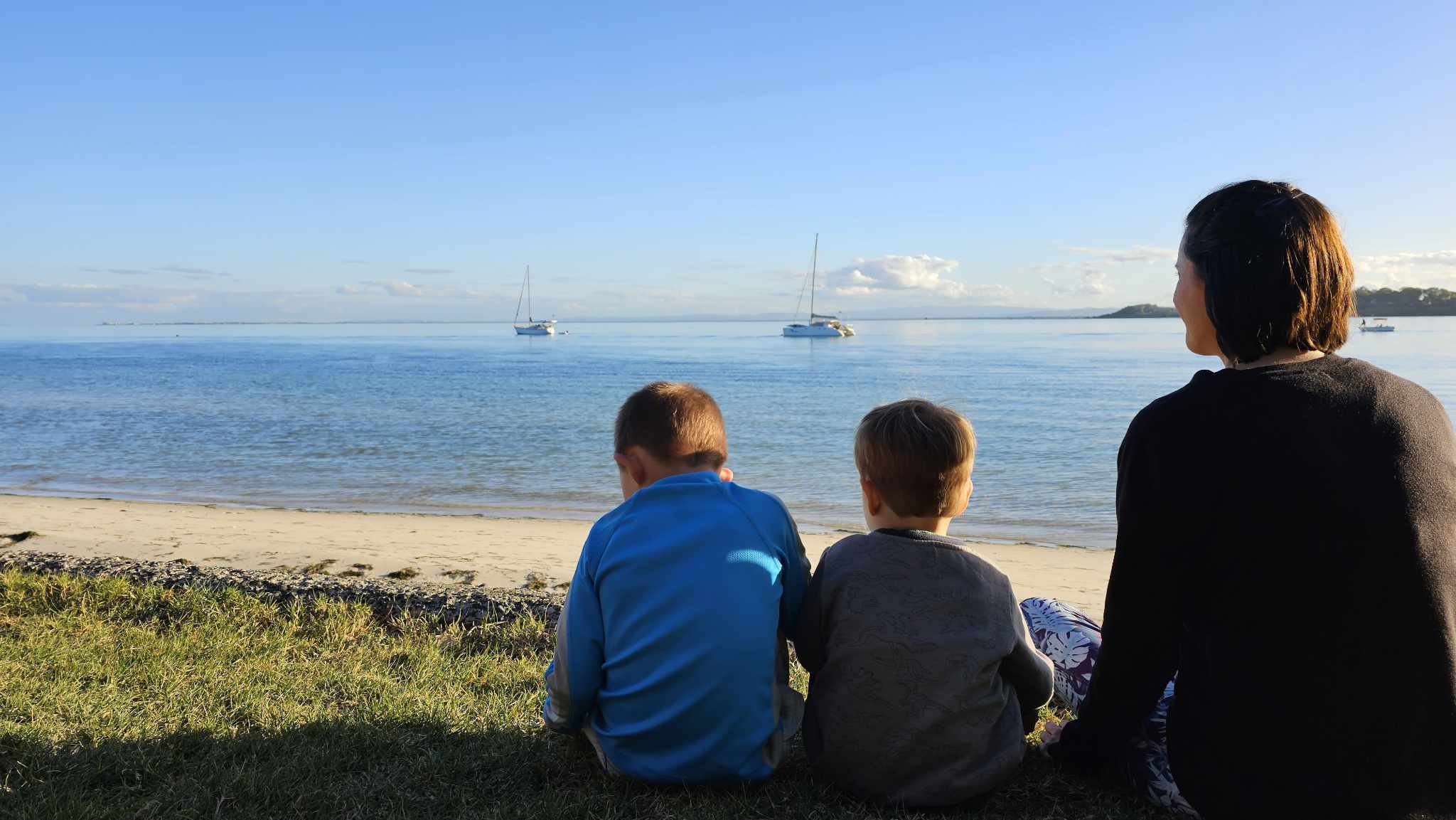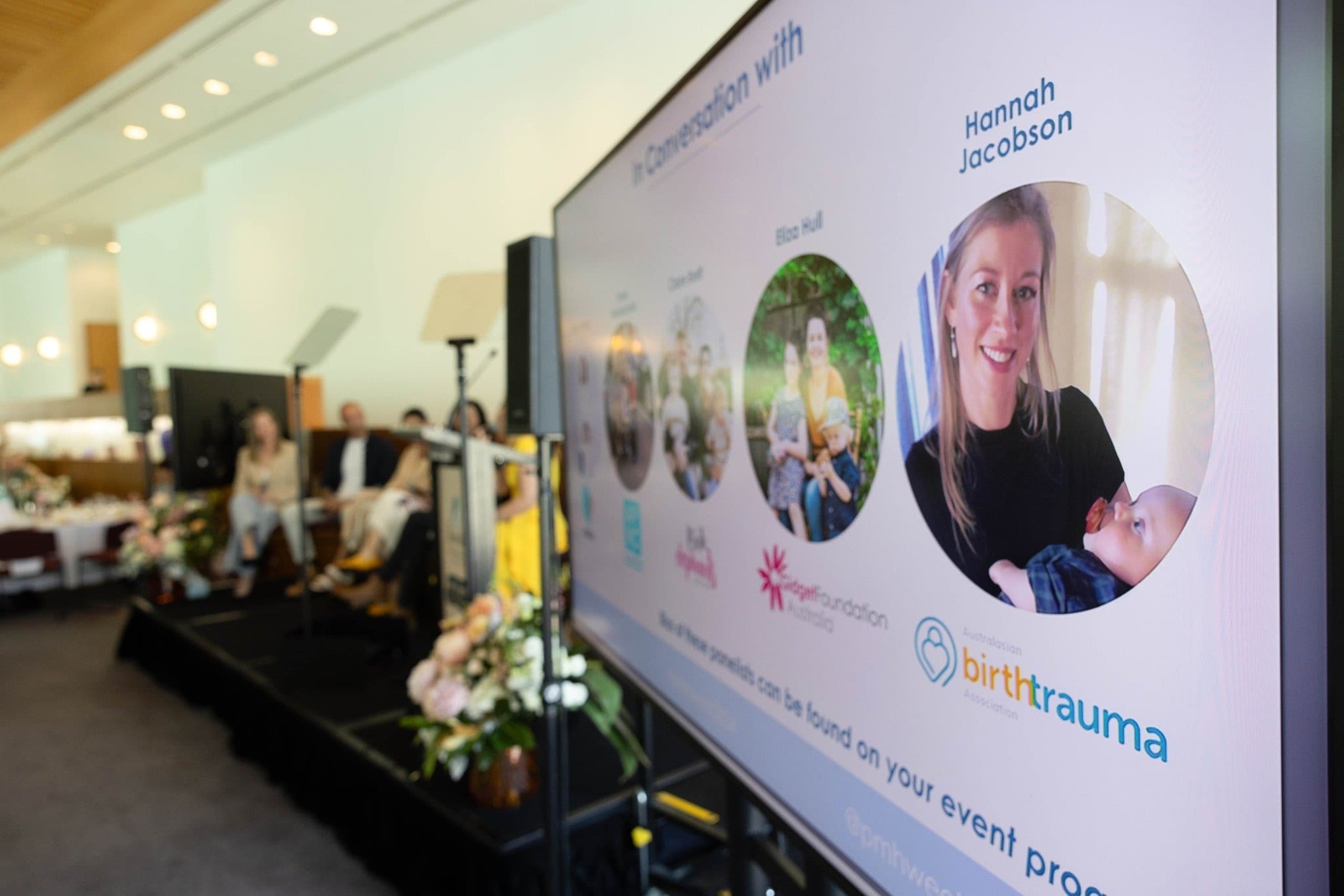The Australasian Birth Trauma Association welcomes the release of the NSW Parliamentary Inquiry Report into Birth Trauma but calls for urgent funding to address systemic failures in the maternal health system nationwide.
Since The Australasian Birth Trauma Association (ABTA) launched in 2017, it has played a significant role in providing input and raising awareness about the extent and impact of birth trauma by amplifying the voices of women and their families. ABTA’s contributions were crucial in highlighting the need for better support and policies to address birth trauma experienced by women and families in NSW.
The NSW Parliament Select Committee on Birth Trauma’s first report, released today (29 May 2024), includes numerous recommendations that align with the ABTA’s advocacy, such as trauma-informed training for maternity professionals, improving mental health support and physical recovery for women affected by birth trauma, funding research into birth trauma, and ensuring comprehensive antenatal and postnatal care. The inclusion of these recommendations indicates that the ABTA’s recommendations were considered seriously by the inquiry.
The five findings and 43 recommendations made in the NSW Parliament Select Committee Report are a positive step towards addressing birth trauma in NSW, but are only the tip of the iceberg. Birth trauma is not a NSW issue – it is a national issue. The Australasian Birth Trauma Association urges the Federal Government to incorporate as many of the recommendations spelt out in the NSW report into its national maternity care policies and look at ways to incentivise and support other states and territories to make similar changes and reforms.
Commenting on the release of the report, Amy Dawes, founder and CEO of The Australasian Birth Trauma Association, states,
“While the overall recommendations off the back of the inquiry are positive, there is so much more that needs to be done. The sheer volume of submissions made, and the evidence given, demonstrate the scale of the issue – a situation we know is replicated nationally. In fact, many parents in our community are asking us if there will be inquiries in other states and territories.
Australia urgently needs a national response to address birth trauma and systemic failures in the maternal health system – similar to what has occurred in the UK.
Despite the scale and impact of birth trauma across the country, and the NSW inquiry receiving over 4,000 submissions from brave women, parents and stakeholder groups, sadly, birth trauma did not receive any acknowledgement in the recent budget. With one in three women reporting their birth to be traumatic – this simply isn’t good enough. We call for urgent and immediate funding to develop national standards around the prevention and treatment of birth-related trauma, ensure health professionals receive sufficient training to deliver comprehensive trauma-informed care and ensure birthing parents have access to evidence-based information on birthing options and potential complications to be able to make an informed choice.
While the recent budget showed some focus on women’s health, birth trauma remains a hidden and unaddressed issue in federal health policy. The increased spending on midwives is positive, but we need a comprehensive, multidisciplinary approach to reduce the prevalence and impact of birth trauma in Australia.”
We urge the federal government to incorporate as many recommendations as possible into its national maternity care policies, and look at ways to incentivise and support other states and territories to make similar changes and reforms.
Together with PANDA – Perinatal Anxiety & Depression Australia, and the Australian Physiotherapy Association (APA), ABTA welcomes the report recommendations:
-
- That the NSW Government ensure that all women have access to continuity of carer models with a known provider.
- That NSW Health urgently support maternity staff with appropriate local protocols and training to ensure that the Consent to Medical and Healthcare Treatment Manual is implemented.
- That the NSW Government funds postpartum services, including physiotherapy and supported exercise programs, to support those who acquire a pelvic floor injury as a result of birth.
- That the NSW Government provide funding grants specific to research into birth trauma in New South Wales.
- That the NSW Government develop minimum standards for and ensure access to comprehensive evidence-based antenatal education for birthing and non-birthing parents covering all aspects of birth, including different models of maternity care, potential interventions and their rights during the birthing process. This education should be made available in a variety of modalities and in a form that is accessible to culturally and linguistically diverse communities.
- That the NSW Government improve psychological support for parents managing grief following pregnancy loss.
- That the NSW Government improve mental health support for women and families affected by birth trauma
- That the NSW Government support informed consent in maternity care by reviewing laws and considering any necessary legislative changes, and providing adequate funding to ensure all practising maternity health practitioners in New South Wales undertake informed consent training.
- That the NSW Government commit to trauma-informed care training.
- That the NSW Government invest in research into evidence-based interventions and training of maternity healthcare professionals to overcome gender bias in the provision of pain relief to women to ensure timely access to effective pain management.
-
- That the NSW Government establish protocols for debriefing and psychological support for maternity clinicians following exposure to a traumatic birth experience, including mentoring and regular clinical supervision.
- That the NSW Government: investigate if the membership of the expert advisory consumer reference groups, and the minutes of their meetings, can
be made public, and publish information about the NSW Health Maternity Expert Advisory Group and the NSW Health Maternity Consumer Reference Group, as well as provide updates on the implementation of Connecting, listening and responding: A Blueprint for Action – Maternity Care in NSW.
ABTA is available for comment.



